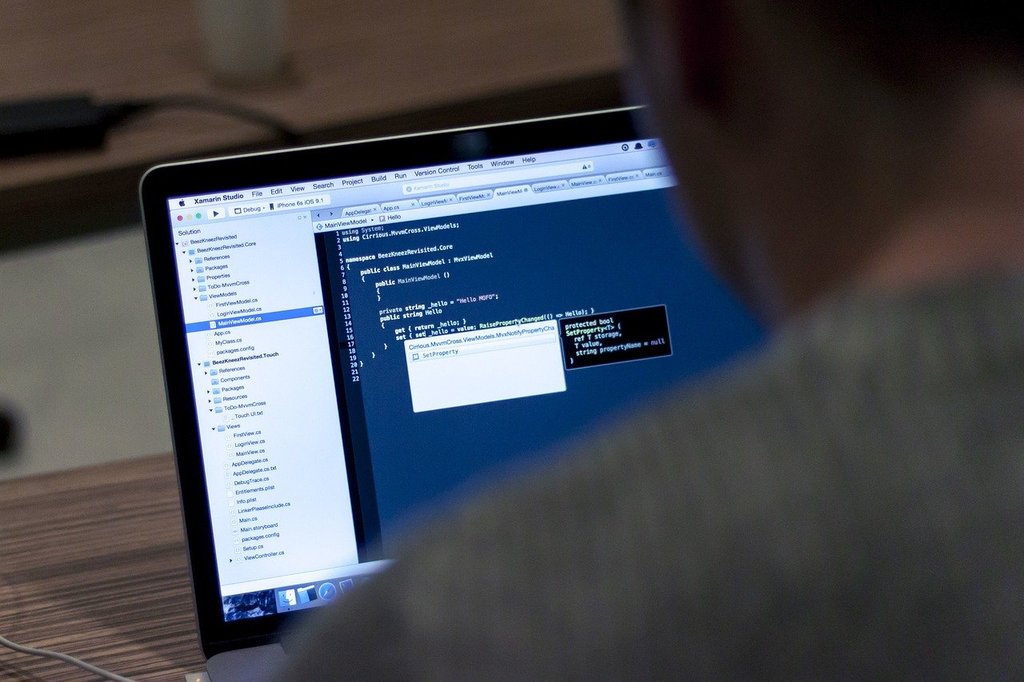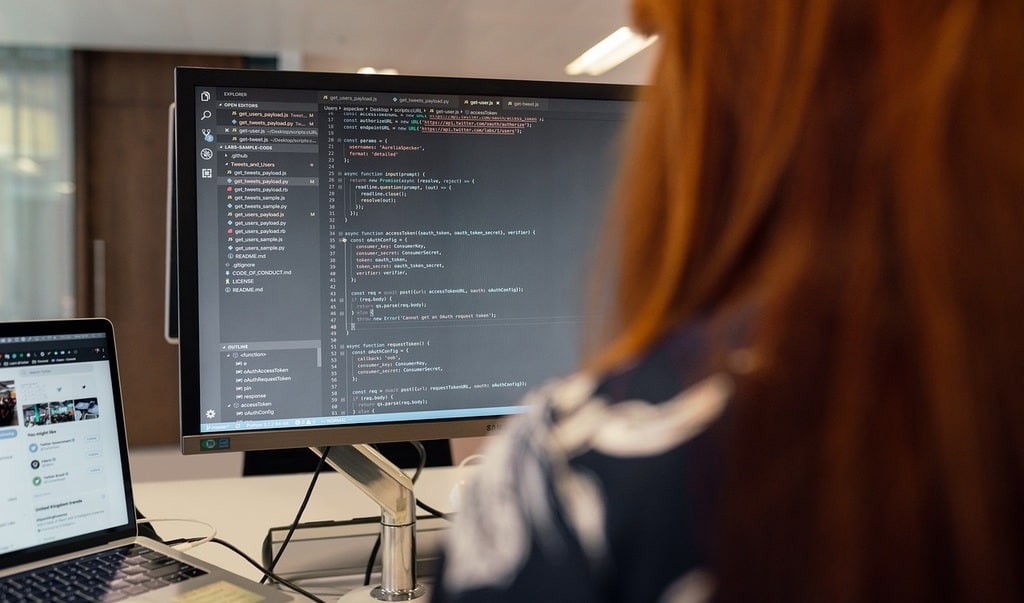Mastering the fundamentals of coding requires dedication, practice, and a solid understanding of core principles. Coding is not merely about writing lines of code; it’s about solving problems, thinking logically, and creating efficient solutions. Understanding the basics provides a strong foundation upon which more complex skills can be built, leading to a successful journey in the world of programming.
Understanding the Basics of Coding Mastery
Learning to code starts with grasping fundamental concepts such as variables, data types, control structures, and syntax. These building blocks are essential for creating functional and efficient code. Variables store data that your program can manipulate, while data types define the kind of data you are working with, such as integers, strings, or booleans. Control structures, like loops and conditionals, dictate the flow of your program, enabling it to make decisions and repeat actions.
Syntax refers to the rules that define the structure of code in a particular programming language. Every language has its own syntax, which must be followed precisely to avoid errors. Familiarizing oneself with these basics is the first step towards becoming proficient in any programming language.
The Importance of Problem-Solving Skills
A significant aspect of coding is problem-solving. Developing the ability to break down complex problems into smaller, manageable parts is crucial. This process, often referred to as decomposition, allows for more straightforward coding and debugging. Each smaller part can be tackled individually, making it easier to identify and correct errors.
Practicing coding challenges and exercises can significantly enhance problem-solving skills. Websites like LeetCode, HackerRank, and Codewars offer numerous problems that cater to various skill levels, providing an excellent opportunity for improvement. Regular practice will lead to better logical thinking and more efficient coding practices.

Understanding Algorithms and Data Structures
Algorithms and data structures are the backbone of efficient coding. An algorithm is a step-by-step procedure for solving a problem or performing a task, while data structures organize and store data in a way that makes it accessible and usable. Common data structures include arrays, linked lists, stacks, queues, and trees.
Choosing the right data structure and algorithm can greatly impact the performance of your code. For instance, understanding when to use an array versus a linked list can result in more efficient memory usage and faster execution times. Studying algorithms such as sorting, searching, and graph traversal equips you with the tools to handle a wide range of programming challenges.
Code Readability and Maintenance
Writing clean, readable code is just as important as writing functional code. Code readability ensures that others can understand and maintain your code, which is particularly vital in a collaborative environment. Use meaningful variable names, consistent indentation, and comments to explain complex sections of your code.
Maintaining code involves regular updates and refactoring to improve performance or readability without changing its functionality. This practice helps prevent technical debt, ensuring that your codebase remains efficient and manageable over time.
Essential Tips for Mastering Coding Fundamentals
To aid in your journey of mastering coding fundamentals, consider the following tips:
- Practice Regularly: consistency is key. Regular coding practice reinforces learning and builds confidence.
- Engage in Peer Reviews: reviewing others’ code and having your code reviewed can provide new perspectives and insights.
- Work on Projects: apply your skills by working on projects that interest you. This hands-on experience is invaluable.
- Study Best Practices: familiarize yourself with coding best practices and industry standards. This knowledge will help you write professional-quality code.
- Keep Learning: the tech world is ever-evolving. Stay updated with new languages, tools, and techniques.
The Role of Debugging in Coding Mastery
Debugging is an integral part of the coding process. It involves identifying, analyzing, and fixing bugs or errors in your code. Effective debugging requires a systematic approach: start by reproducing the error, then isolate the problematic code, and finally, correct the issue. Utilizing debugging tools and techniques can streamline this process and improve your overall coding efficiency.
Building a Strong Coding Community
Engaging with a community of fellow coders can provide support, motivation, and learning opportunities. Online forums, coding bootcamps, and local meetups are excellent places to connect with other programmers. Sharing knowledge, asking questions, and collaborating on projects can accelerate your learning and help you stay motivated.
Embracing the Journey of Continuous Improvement
Mastering coding fundamentals is not a destination but a continuous journey. Embrace the learning process and stay curious. With dedication and perseverance, the skills you develop will serve as a solid foundation for tackling more advanced programming challenges and achieving your goals in the tech industry.
